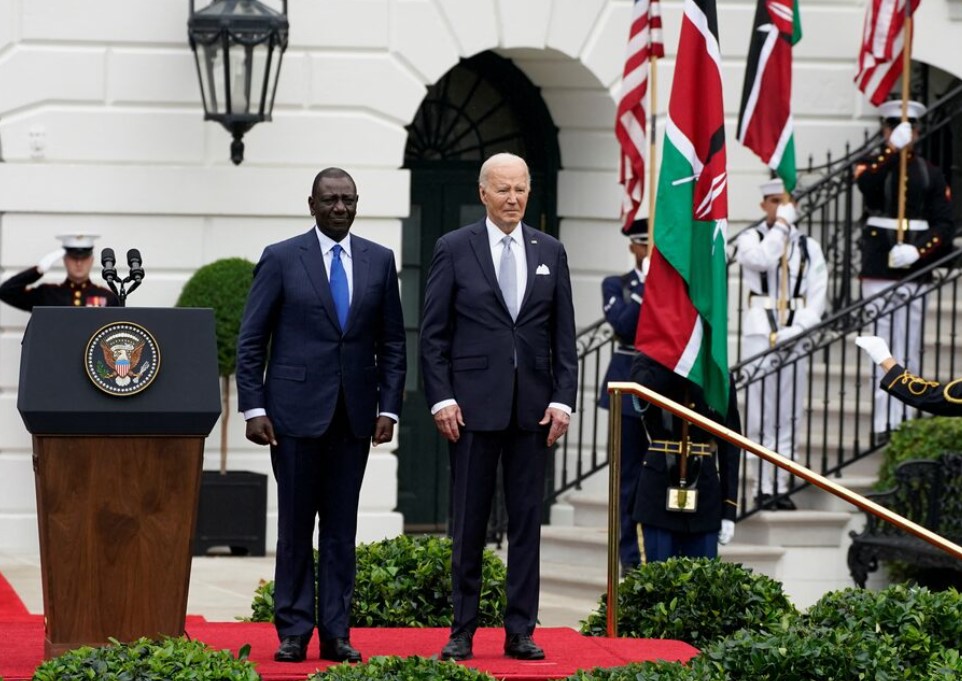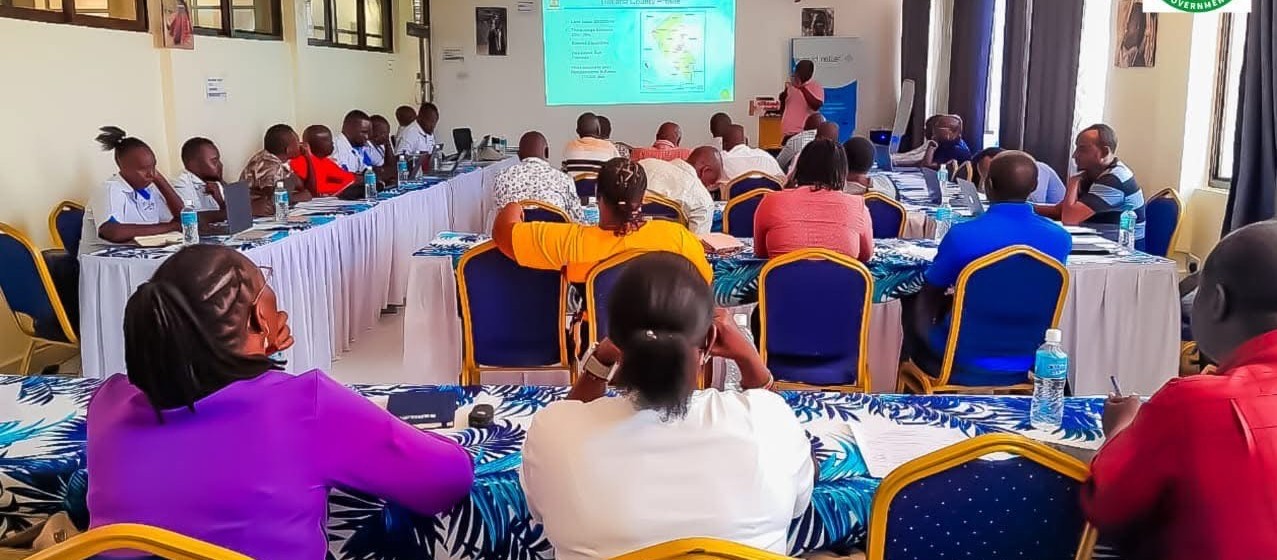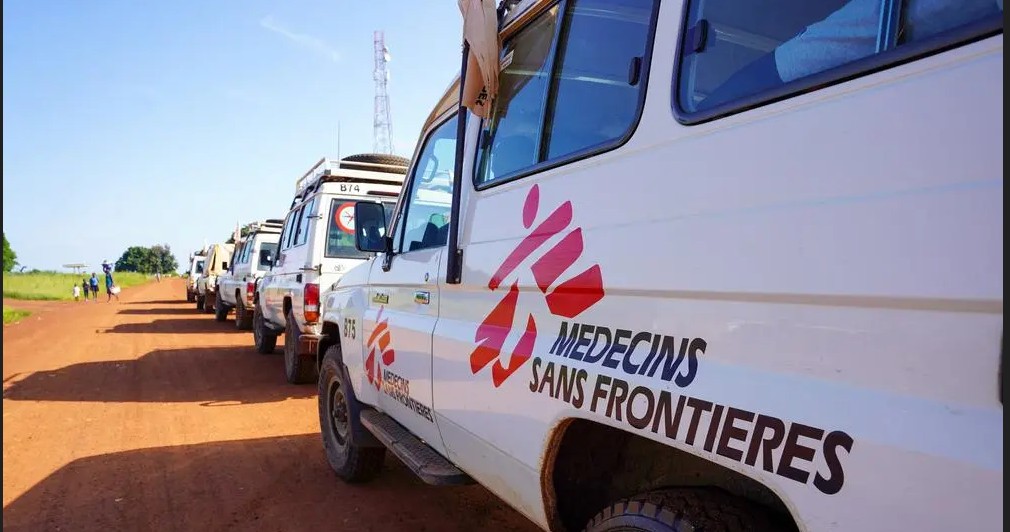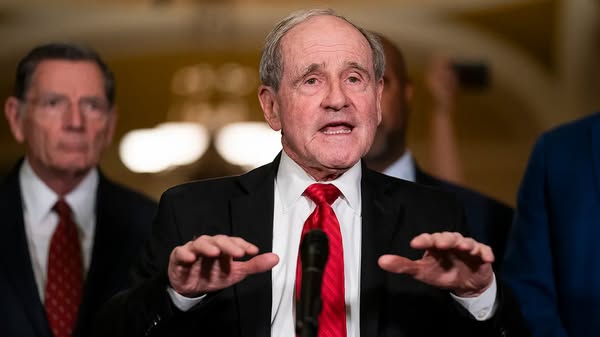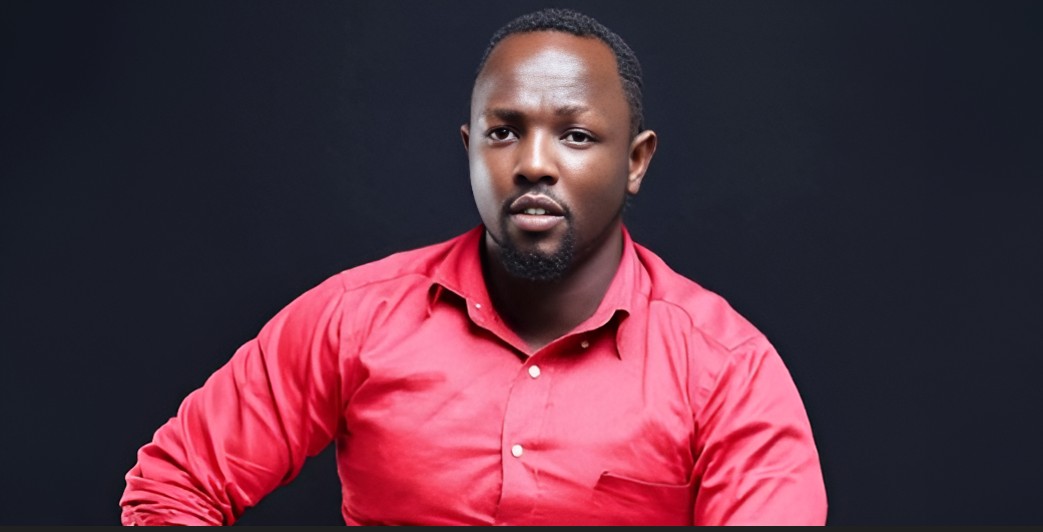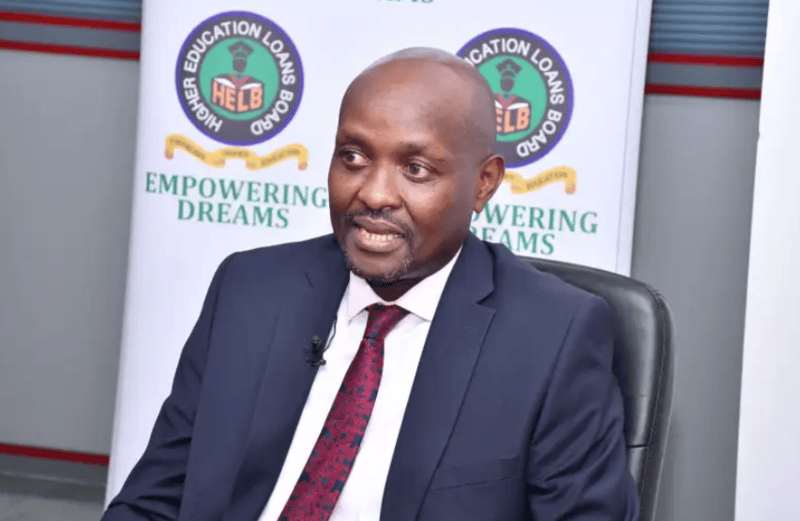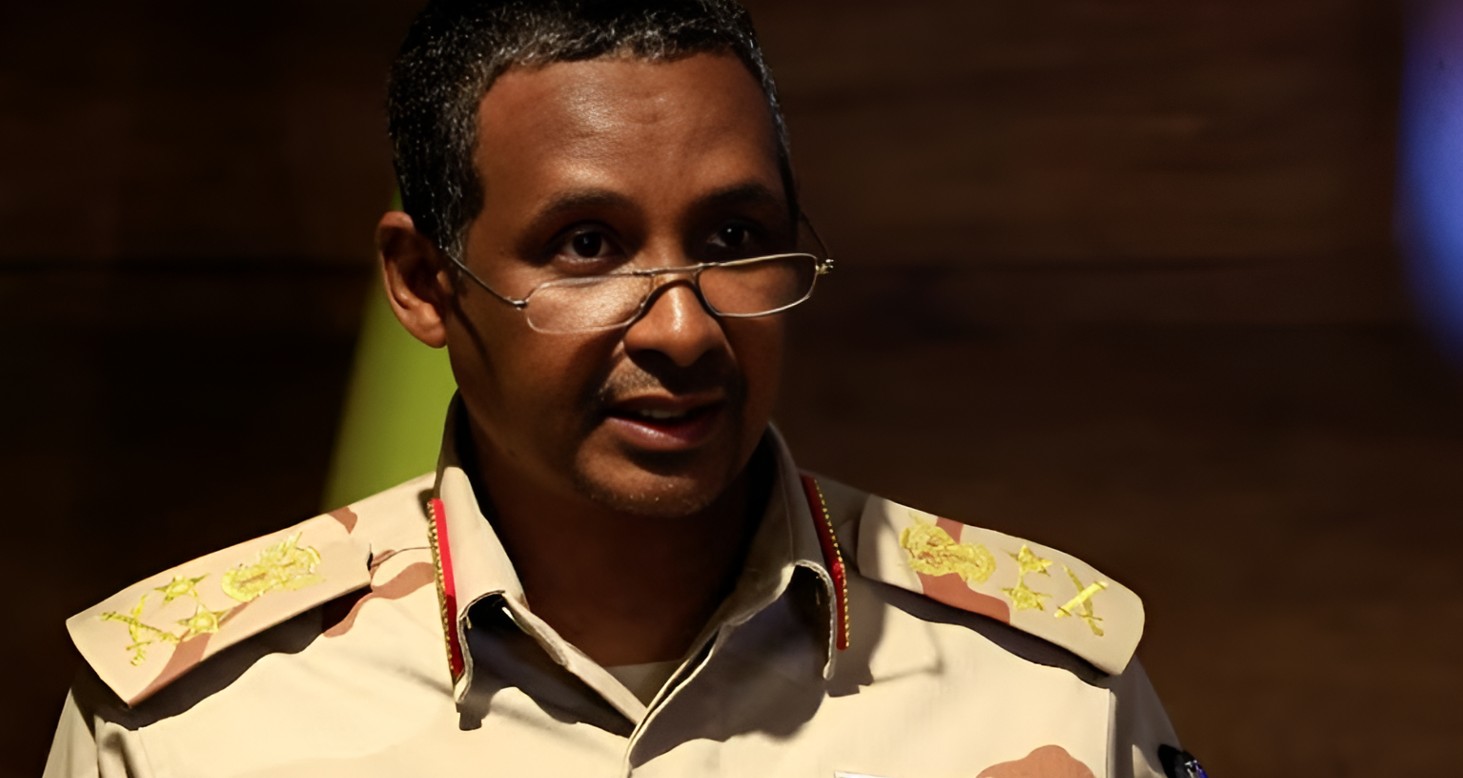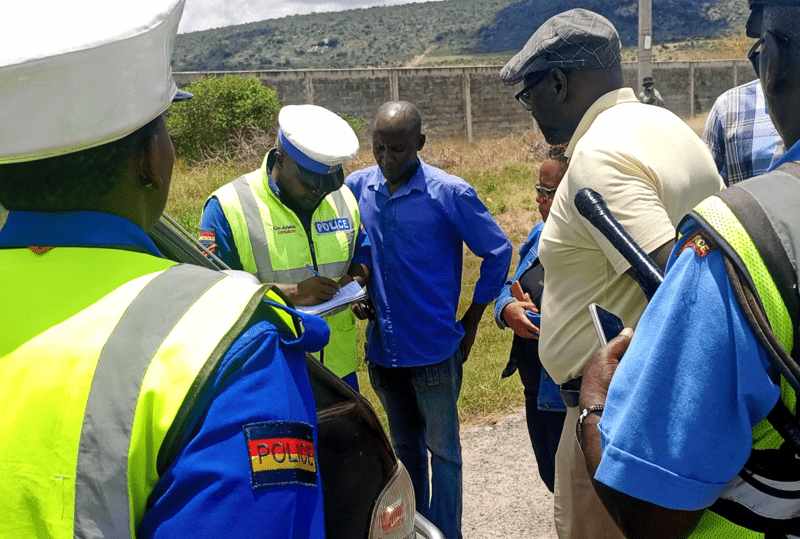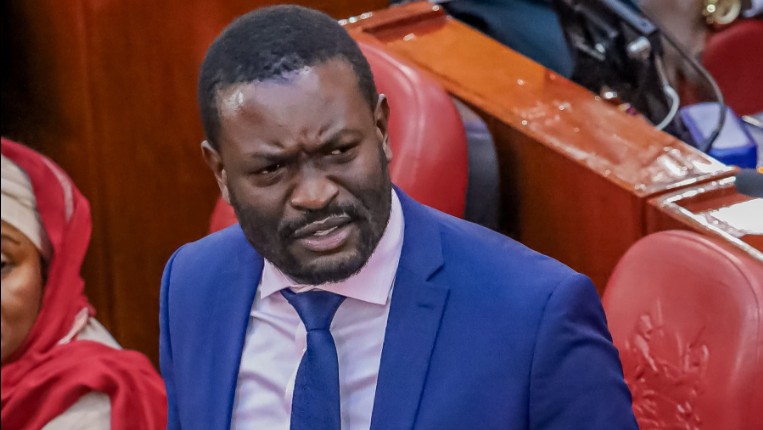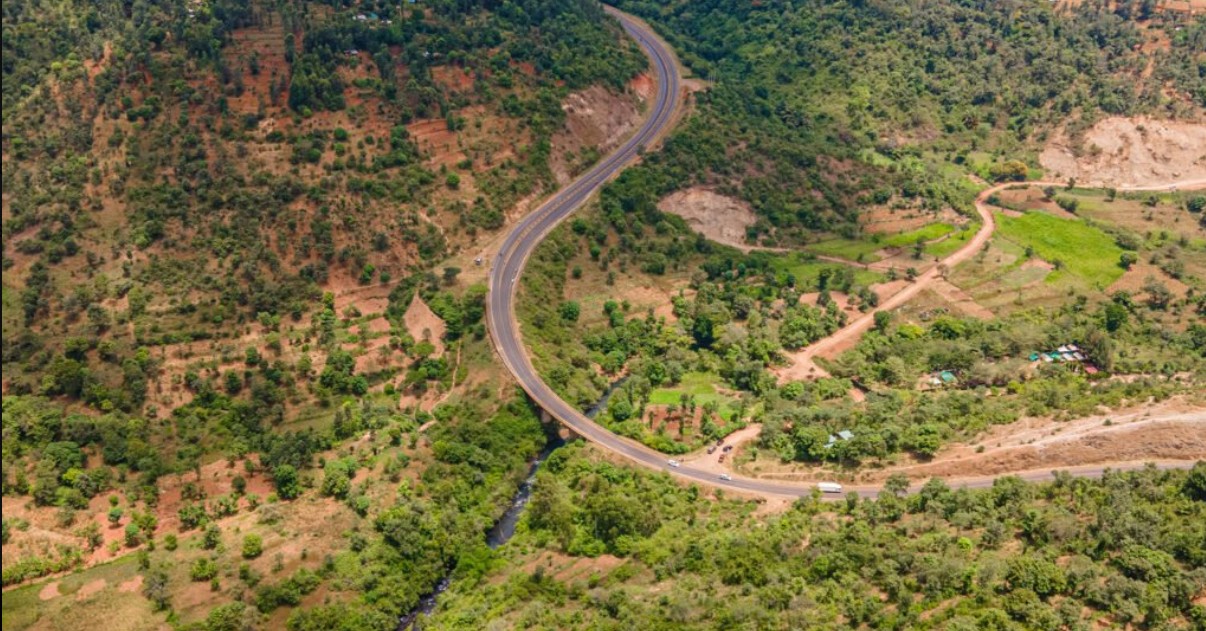Kindiki stands firm on ODPP's right to drop cases amid Ruto criticism
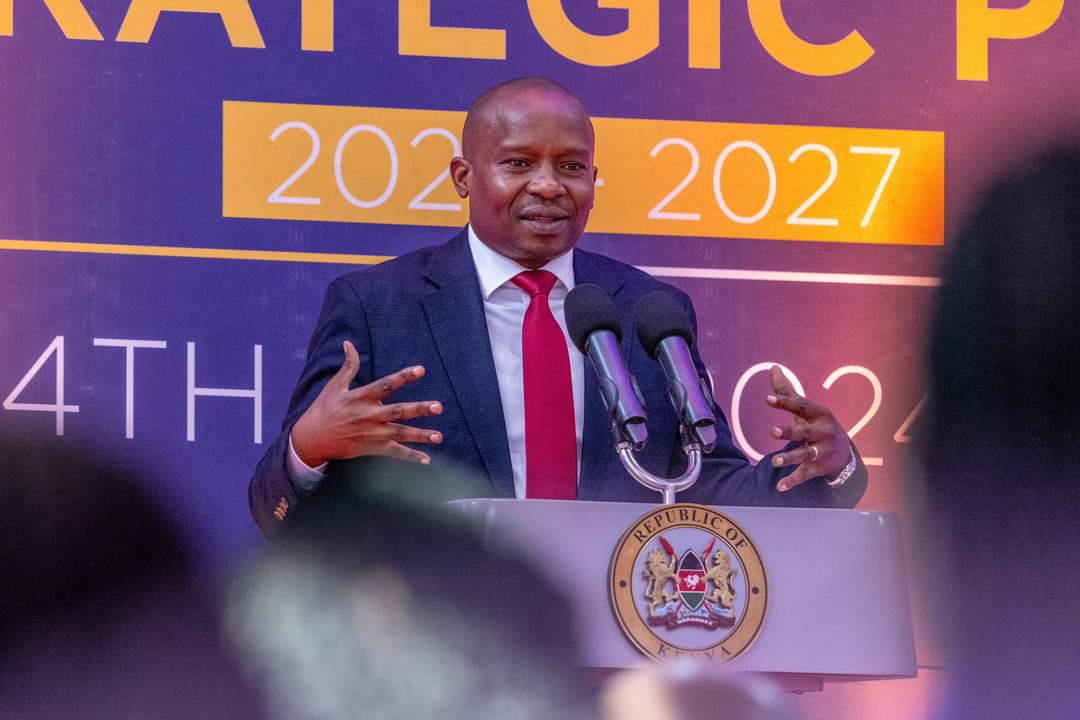
Kindiki, who was the chief guest at the event, emphasised that the ODPP was established to carry out its mandate free from external influence.
Deputy President Kithure Kindiki has publicly defended the Office of the Director of Public Prosecutions (ODPP) over its decision to withdraw several high-profile corruption cases, contrary to President William Ruto’s recent criticisms.
Speaking during the launch of the ODPP Strategic Plan 2023-2027 on Wednesday, Kindiki asserted that no agency or authority should interfere with the ODPP’s autonomy, whether in its operational or administrative functions.
More To Read
- Ruto nominates Duncan Ojwang’ to chair Kenya Human Rights Commission
- DCI granted 21 days to analyse electronic devices in Koimburi abduction case
- US moves to reassess Kenya's designation as major non-NATO ally
- No direct evidence linking student to fake Ruto death post, data analyst says
- Janet Waiyaki case: Two police officers found guilty of causing grievous harm to driver
- Kuja na mbogi!: Ruto urges fans to rally behind Harambee Stars as CHAN hits feverpitch
Kindiki, who was the chief guest at the event, emphasised that the ODPP was established to carry out its mandate free from external influence.
He outlined the four key aspects of autonomy that should be upheld, including decisional, administrative, financial, and operational independence.
“Independent institutions and offices are independent in four aspects: decisional independence—the independence to make decisions without any interference from any quotas. The decision you make on who to prosecute, which prosecution to terminate, those ones nobody should interfere with that decisional independence,” Kindiki said.
He continued by highlighting the importance of administrative independence, where the ODPP must manage its programmes and projects under its established chain of command.
“Thirdly, financial and budgetary independence. The moment you receive your resources, and how you spend them nobody should interfere. Finally, operational autonomy, that your operations must be independent of interference from any other quota. Beyond that rest of the grounds call for interdependence and cooperation,” he added.
Kindiki’s remarks come after President Ruto criticised the ODPP for withdrawing several corruption cases, suggesting that such actions undermine the nation’s fight against graft.
In his State of the Nation Address, Ruto expressed concerns that institutions tasked with combating corruption should not use their independence as an excuse for not meeting public expectations.
“I must caution that all these measures will only achieve intended results if, and only if, the institutions charged with combating corruption and promoting efficiency and integrity stop hiding behind the transparent screen of independence and rise up to meet the people’s expectations on matters integrity,” Ruto said.
Ruto also criticised the ODPP’s decision to drop cases, particularly those involving corruption, arguing that such actions were undermining efforts to tackle graft.
“It cannot be the case that the director of public prosecutions keeps dropping cases because, somehow, they are unable to produce witnesses,” he said.
But Kindiki reassured the public that the government would not interfere with the functions of the ODPP.
"President Ruto has been steadfast in his emphasis that he will not interfere with the functions of independent offices but encourages a whole-of-government approach with the criminal justice system," he said.
Top Stories Today
- Education stakeholders push for independent body to regulate teachers
- MCAs to pay NSSF Tier II contributions after senate rejects exemption
- Muted growth: Kenya’s office rents stay flat for fourth quarter in a row
- Ruto nominates Duncan Ojwang’ to chair Kenya Human Rights Commission
- Turkana to expand TB treatment as county records rise in child cases
- HELB offers 80 per cent penalty waiver to loan defaulters in new recovery push
